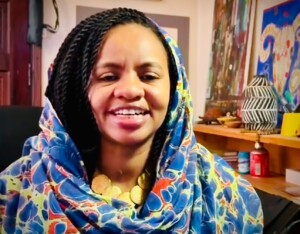‘Sudanese expats largest source of hard currency’
The remittances sent home by Sudanese expatriates reportedly form the largest source of hard currency for the country. Khartoum recently agreed to a package of measures to halt the rise of the US Dollar on the ‘parallel market’.
The remittances sent home by Sudanese expatriates form the largest source of hard currency for the country, says economic analyst Abdelhadi Ibrahim Abdallah. The Sudanese government recently agreed to a package of measures to halt the rise of the US Dollar on the ‘parallel market’.
In an interview with Radio Dabanga, Abdallah pointed to the decrease of livestock and agricultural exports, and the weakened oil revenues.
“The export declined and the import has grown. Sudan has become a consuming country that has to import all of its needs, from oil and food to clothes and medicines.”
The analyst added that what is left of the industrial sector is facing growing problems. He predicts a further decline of the Sudanese Pound against the US Dollar.
“The only solution to get out of the economic crisis and halt the rise of the Dollar and stop the indiscriminate imports is to encourage and facilitate investment procedures, establish public joint stock companies, and adjust the exchange rate,” he said.
“Converting the telecommunications companies into 100 per cent national companies could also be part of the solution as large amounts of hard currency are transferred abroad by these companies.”
The Sudanese government recently agreed to a package of measures proposed by the Ministry of Finance and the Central Bank of Sudan to curb the fast rise of the US Dollar on the black market during the past five months. Decisions to stop the import of certain types of consumer goods, “in order to reduce the importation bill”, will include types of cars, children's toys, plastic pots, ornamental trees, and some varieties of vegetables and fruits.
Finance Minister Badreldin Mahmoud announced as well that his Ministry will refrain from intervening in the exchange rate of the Sudanese Pound against the foreign currency.











 and then
and then